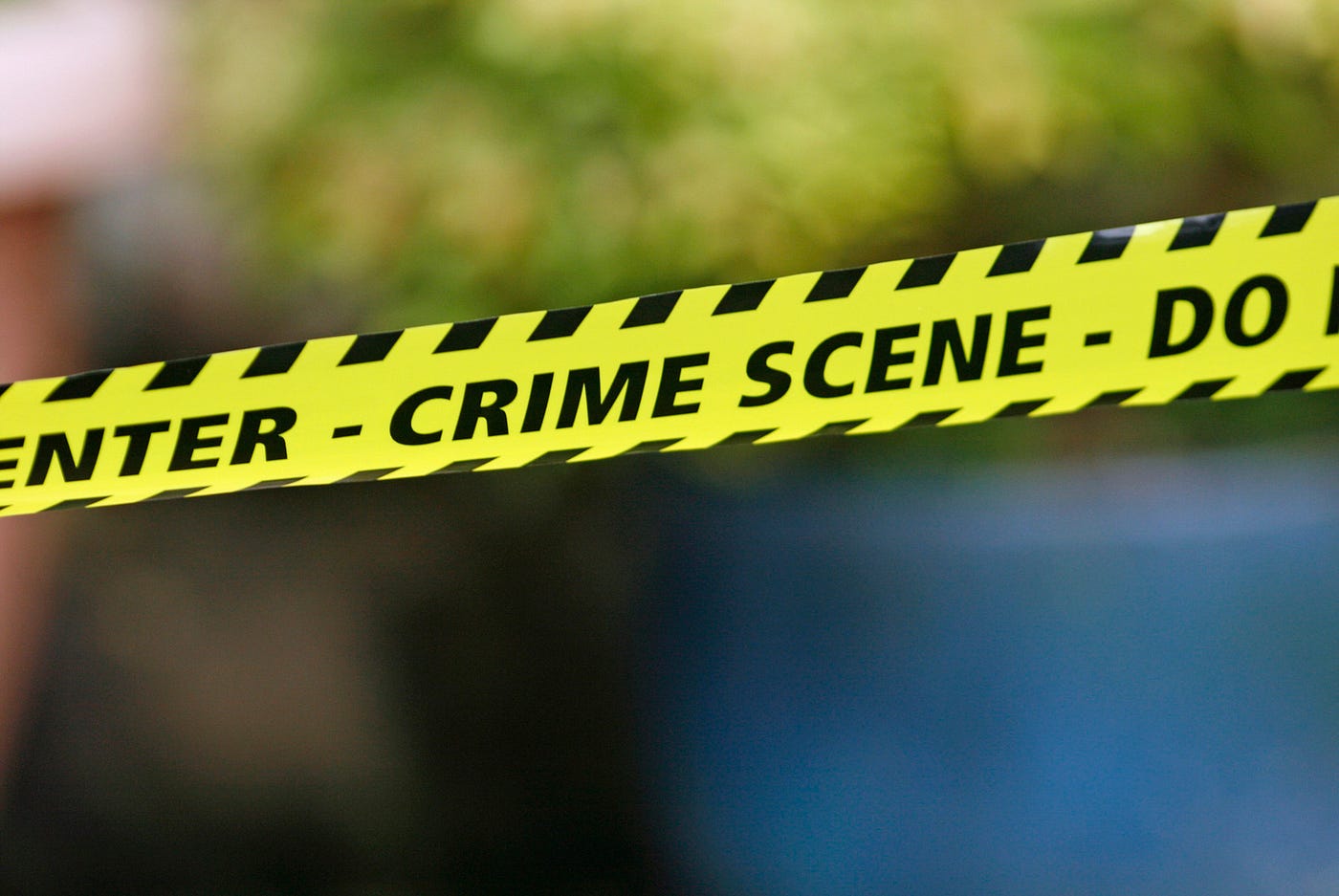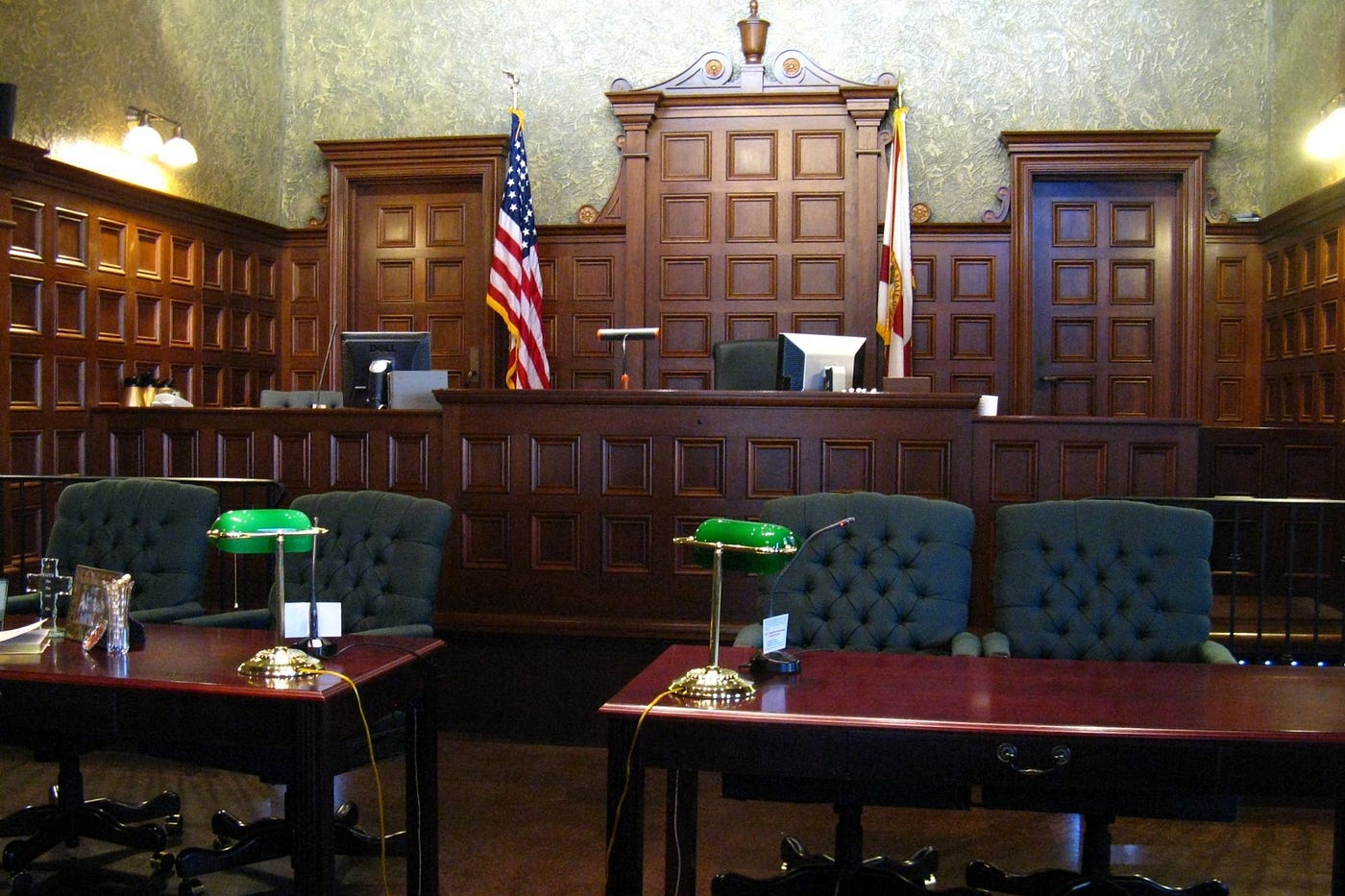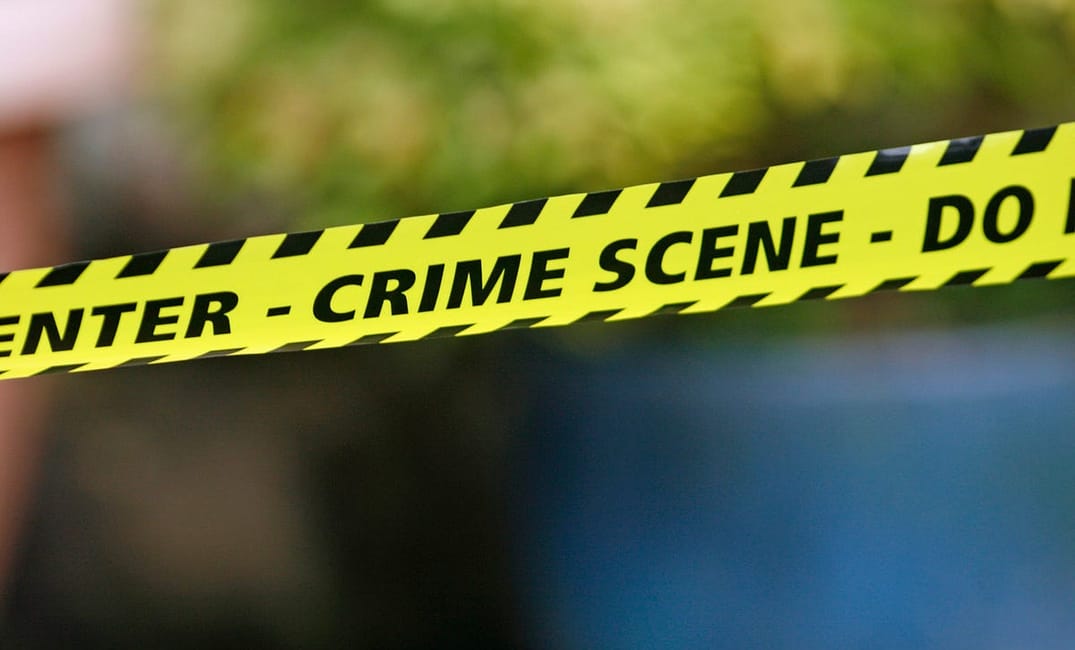
“Give him directions,” Josh shouted over the music.
Josh’s hand — pale and calloused — pointed toward the door as he handed over the phone and followed me outside. A few friends trailed behind, anxious to confront the man on the phone, who had been driving all over Martinez — a small city about 30 miles east of San Francisco — hoping to fight us.
Josh, as far as I knew, had never been in a street fight; none of us had. I suspect it was because we were easygoing. We liked to have fun and rarely got into arguments with anyone. Besides, nobody had the courage to fight Josh. He was a six-foot-tall, 220-pound senior linebacker on the football team — a solid block of muscle built from countless hours bench-pressing in our high school’s weight room.
I told the man on the phone that he would see us when he drove up. “You’ll see me too,” he replied.
Earlier that night, however, we did something out of character for us. Our group confronted a freshman who had stolen items from Josh’s locker at school. Josh made sure to intimidate—but not physically attack—the younger teen when we confronted him. Perhaps feeling embarrassed, after we left, the freshman asked his older friend to help him seek revenge. And now I was tasked with giving this man directions to our location.
I found a spot under a lone streetlight with good cell-phone reception. It was dusk — there were a few distant lights coming from the decrepit houses and apartments lining the street, and a dim glow rising from a nearby truck yard, but otherwise I was surrounded by darkness.
I told the man on the phone that he would see us when he drove up.
“You’ll see me too,” he replied.
None of us had ever seen this man. All we knew was that he was a few years older than us, came from Richmond and felt compelled by some kind of machismo to stand up for his younger friend.
By the time the man’s car appeared, every guest at the party was loitering in the street, waiting to watch the impending confrontation.
The street we were on began as a steep hill — so steep that the man’s low-sitting car couldn’t make it up. Twice he tried to ascend the hill head on, only to be stopped as the front end of his car met the gravel incline. The three dozen or so partygoers standing atop the hill all laughed as he kept trying and failing. Finally, driving up the slope at an angle, his car made it.
From our phone conversation, I knew the man in the car was not harmless. Throughout the night we had taken turns giving him fake directions to three different locations — perhaps because of our own concealed fear — before finally deciding to tell him where we actually were. Now he was seething.
Chalk it up to youth: we had no idea if this man was dangerous, and my friends were brash and aloof — oblivious to the consequences of their flippant actions.
But I had a premonition that this was going to end badly. Unlike Josh, a suburban neighborhood kid, I lived in a low-income part of Martinez — similar to parts of Richmond — and as a result, I was a bit more street-smart.
I wanted to warn Josh that something was up, but I knew that he and everyone else at the party would think I was afraid. That was true—I was absolutely terrified. There was something about the way the man said, “You’ll see me too,” that made me think he had a surprise for us. And I didn’t think it was clumsily driving his car up a steep hill. He had to have something planned; he was, after all, coming to meet a bunch of football players with a crowd to back them up. Nobody in their right mind would walk into that situation without a plan.
“Come on, Jamison,” Josh urged, waving me over as he waited for the man to get out of his car.
I stood watching the skinny, light-skinned man with shoulder-length hair, baggy jeans and a T-shirt that reached to his knees, along with three friends of his own, walk up to Josh and immediately get in his face. Time seemed to slow.
I couldn’t hear what was said, but I saw Josh making defensive gestures. Then, with shocking poise, the man reached into his waistband, drew a gun and pointed it directly at Josh’s face.
A collective shriek went into the night, as if everyone in the crowd had synchronized their horror. I wish I could say that I had stayed, but I didn’t. I ran. So did dozens of other people watching the confrontation. Within a few seconds the crowded street turned into a virtual ghost town, deserted, except for the gunman and his victims.
Maybe I could have stopped him from being shot, maybe I could have knocked the man’s gun away and wrestled him to the ground. But I didn’t do any of those things. I hid behind a retaining wall.
While he was standing in the middle of the street pressing a gun to Josh’s forehead, I was hiding behind a retaining wall with a handful of other people. There I heard a female voice whisper, “Was that a gun?” as if, like me, she instinctively ran without giving much thought to what was happening.
“Yeah,” another voice replied.
Then there was a loud bang, and my heart felt like someone had ripped it out of my chest and transplanted it into my stomach. I was sure that Josh had been murdered. The grief I felt was indescribable.
I knew I should have stayed with him, even if it had meant being executed. Maybe I could have stopped him from being shot; maybe I could have knocked the man’s gun away and wrestled him to the ground. But I didn’t do any of those things. I hid behind a retaining wall.
I was startled by another bang as I realized the sound was coming from a screen door shutting behind me. A shadowy male figure walked toward me in the darkness. He reached into his pocket and pulled out his phone; I heard a 911 operator faintly. Then the figure rushed back inside, shutting the screen door behind him.
Bang.
I tried to calm my nerves and organize my thoughts as I ventured out from my hiding spot. My friends were tossing the contents of their pockets into the bushes while the gunman threatened to kill anyone who talked to the police. Then he left.
Nobody was shot. But everybody was visibly shaken, if not completely distraught. Josh spent the next half hour searching through a bush for the keys to his Honda Civic, which the gunman had made him toss behind an old garage.

Four years later, I saw the gunman again. I was sitting on the witness stand of a courtroom in which he was on trial for murder.
A few days earlier, a liaison for the Contra Costa County District Attorney’s Office had showed up at my door. He held a subpoena for me to appear in the Martinez courtroom as a character witness to identify the man who had pointed his gun at Josh.
In the intervening years, the man had feuded with numerous people; one day, he drove up and started shooting at one of them. When his target fled, he shot him twice in the back.
In the courtroom, on the witness stand, I felt out of place. The man’s gun had never been pointed directly at me — I wasn’t left with a circular indentation from the gun’s barrel pressed on my forehead. Even four years later, I felt embarrassed that I had not been more involved. I was traumatized, but not victimized. For a moment, I found myself actually wishing that the gunman had fired his weapon at me. Then, maybe, I would have earned my place in the courtroom.
The prosecutor first asked me if I could recount the night when the man had pointed the gun at Josh. His second question was whether that man was in the courtroom. I said he was and then, for the first time in my life, I locked eyes with a murderer.
The prosecutor continued with his questions and finally asked me to point to the gunman, so I did. He stared straight at the floor.
As I had been four years earlier, he looked defeated. He was a dangerous criminal and a suspected killer, but at that moment, he looked like he was about to cry. He seemed afraid, perhaps even ashamed of what he had done; he looked just how I had felt for such a long time leading up to the moment I pointed at him in court.
His shame made me realize that we are all at the mercy of our instincts and that we all have to live with the consequences of them. My instincts told me to run when a man pulled out a gun, an act that filled me with shame. His instincts told him to kill someone who had wronged him, for which he will spend the rest of his life in prison.
I don’t know if he has come to terms with his consequences, but I have found peace with mine — looking at him in court that day, his eyes averted, I found relief from my shame. I found my redemption.







